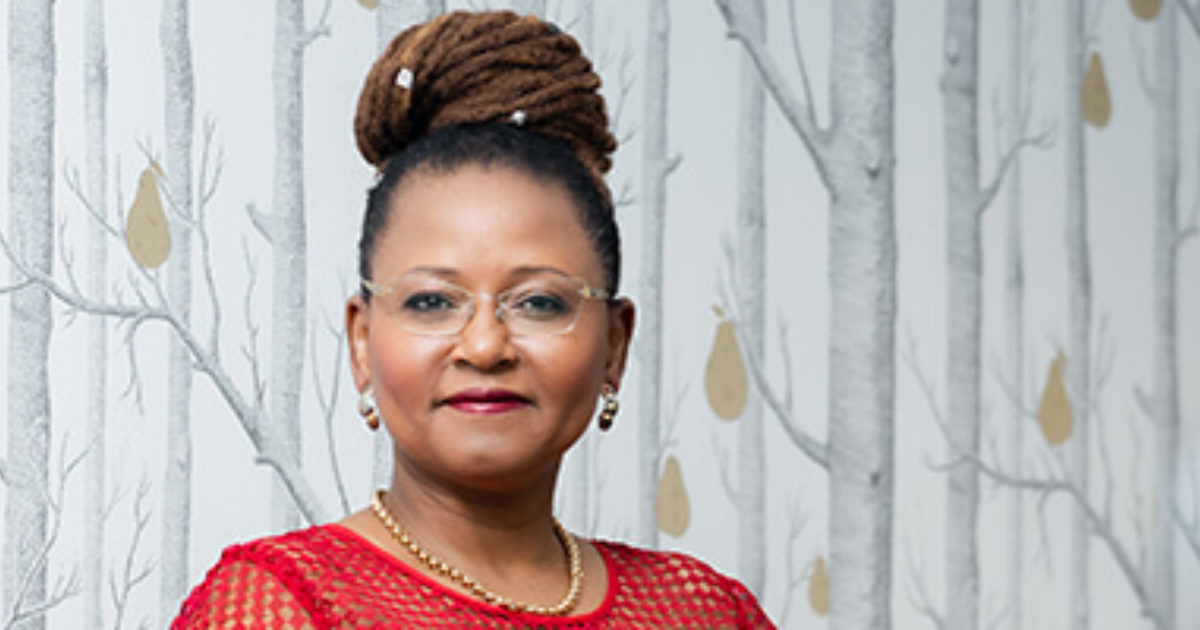By Dr Nombasa Tsengwa,Executive Head - Coal Operations
One of the leading development strategies that is imperative for emerging markets such as South Africa is the empowerment of its women, with institutions such as the World Bank Group’s Gender Strategy 2016 – 2023 and Education Strategy 2020 showing that countries that have expanded opportunities for women and girls in education and work have in recent decades achieved greater prosperity and social development.
Latest figures from Statistics South Africa indicate that approximately 51 percent of South Africa’s population are women. The Commission on the Status of Women in South Africa further notes that only 45 percent of these women are active participants in the economy. The National Development Plan (NDP) acknowledges this by taking gender – along with race and geographic location into account through the proposal of a range of measures that address this inequality. The NDP proposes that the transformation of the economy should involve the active participation and empowerment of women, and that the role of women as leaders in all sectors of society should be actively supported and elevated.
Worldwide, history and research has proven that women’s economic empowerment increases their access to economic resources and opportunities including jobs, financial services, property and other productive assets, skills development and market information. For South Africa this outlook has translated itself in vast areas of development where women are taking the reins and actively contributing to their country’s development agenda. South Africa’s economic empowerment mechanisms for promoting the status of women, fully utilising government resources and effectively mobilising social resources provided for by Corporate SA, lays an important foundation in the promotion of gender equality and women’s development.
It is therefore evident that our shared commitment across all sectors to supporting, growing, empowering and recognising women leaders not only promotes fairness but it also improves our performance as a capable state. Empowered, inspired and developed women are critical to improving any country’s global competitiveness, and this is equally the legacy that will be bequeathed to future generations.
On 15 October 1998 – President Nelson Mandela delivered a speech at the Symposium for World Women’s Day and he said: “You must now seize the opportunities that are made available to you to care for your health; to educate yourselves; to familiarise yourselves with new technology; to play your rightful role in the economy and government of your nation - in short; to assert the rights you now have as women, which you were denied before. Our nation is depending on you to help put our economy along a path of lasting growth so that we can continue to expand the improvements in the lives of our people.” This is an ideal we as women must all live and strive to achieve.
Gender equality and empowered women are catalysts for multiplying development efforts and positively positioning the competitiveness of South Africa as an attractive investment destination. Recognised as architects of society, women are revered for their strength in building the family unit and homes, as well as their contributions to the communities, societies and nations. This Women’s Day represents an opportunity for us to uphold women’s achievements, recognise challenges, and focus greater attention on women’s rights and gender equality. As part of our annual commemorative activities for Women’s Month in South Africa – this year we pay special homage to all women regardless of colour and creed whose persistent voices etched a place in our country’s history that set the tone for generations to come. Remember these “way-pavers” as you make your own personal and professional strides.
